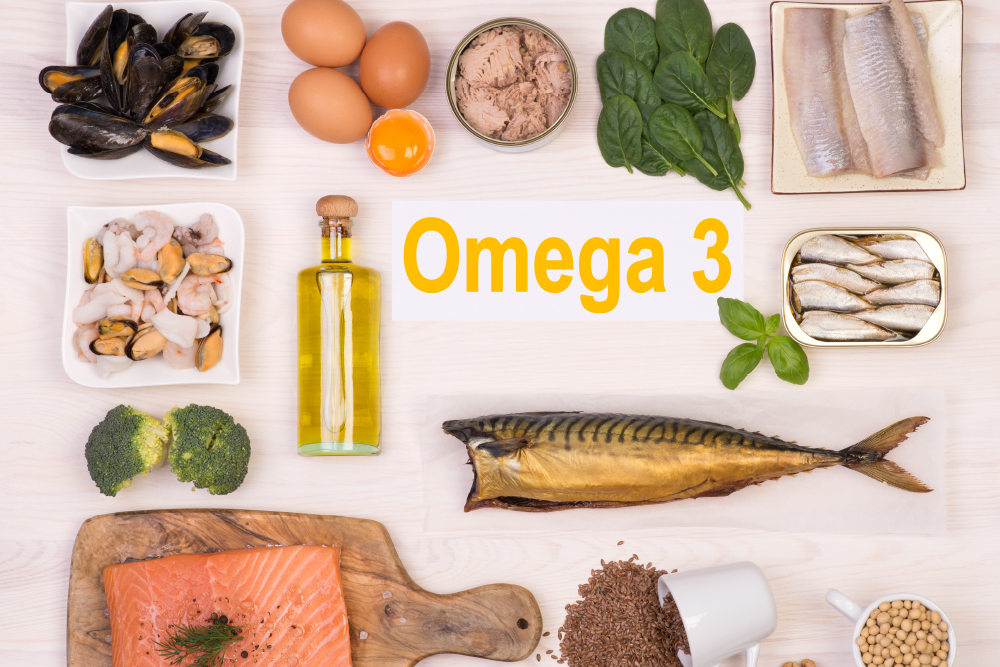Fat is Good

When it comes to dietary fat, what matters most is the type of fat you eat. Contrary to past dietary advice promoting low-fat diets, newer research shows that healthy fats are necessary and beneficial for health.
-
When food manufacturers reduce fat, they often replace it with carbohydrates from sugar, refined grains, or other starches. Our bodies digest these refined carbohydrates and starches very quickly, affecting blood sugar and insulin levels and possibly resulting in weight gain and disease.
-
Findings from the Nurses’ Health Study and the Health Professionals Follow-up Study show that no link between the overall percentage of calories from fat and any important health outcome, including cancer, heart disease, and weight gain.
Focus on "good" fat, not low-fat
Rather than adopting a low-fat diet, it’s more important to focus on eating beneficial “good” fats and avoiding harmful “bad” fats. Fat is an important part of a healthy diet. Choose foods with “good” unsaturated fats, limit foods high in saturated fat, and avoid “bad” trans fat.
-
"Good" unsaturated fats—Monounsaturated and polyunsaturated fats — lower disease risk. Foods high in good fats include vegetable oils (such as olive, canola, sunflower, soy, and corn), nuts, seeds, and fish.
-
"Bad" fats—Trans fats — increase disease risk, even when eaten in small quantities. Foods containing trans fats are primarily in processed foods made with trans fat from partially hydrogenated oil. Fortunately, trans fats have been eliminated from many of these foods.
-
Saturated fats, while not as harmful as trans fats, by comparison with unsaturated fats negatively impact health and are best consumed in moderation. Foods containing large amounts of saturated fat include red meat, butter, cheese, and ice cream.
When you cut back on foods like red meat and butter, replace them with fish, beans, nuts, and healthy oils instead of refined carbohydrates.
Omega-3 fatty acids
Eat at least Two 3-4 oz servings per week of fish and seafood including at least one serving of oily (dark meat) fish.
-
Why they help the heart. Oily, cold-water fish, such as salmon, herring, sardines, and tuna, contain EPA and DHA. These fats reduce the risk of fatal heart attacks and sudden cardiac death caused by electrical problems in the heart. Eating fish may reduce the risk of stroke as well. Fish also contain vitamin D, specific healthful proteins, selenium, and other nutrients.
-
Practical tip: choosing seafood. With the exception of commercially fried fish sticks and burgers, eating any fish or shellfish is likely to provide heart benefits, compared with eating none. All else being equal, fish and shellfish that contain higher levels of omega-3 fatty acids are likely to provide more benefit. For the average adult, the best advice is to eat a variety of different fish and shellfish, at least two servings each week, with at least one of these being an oily or dark meat fish.